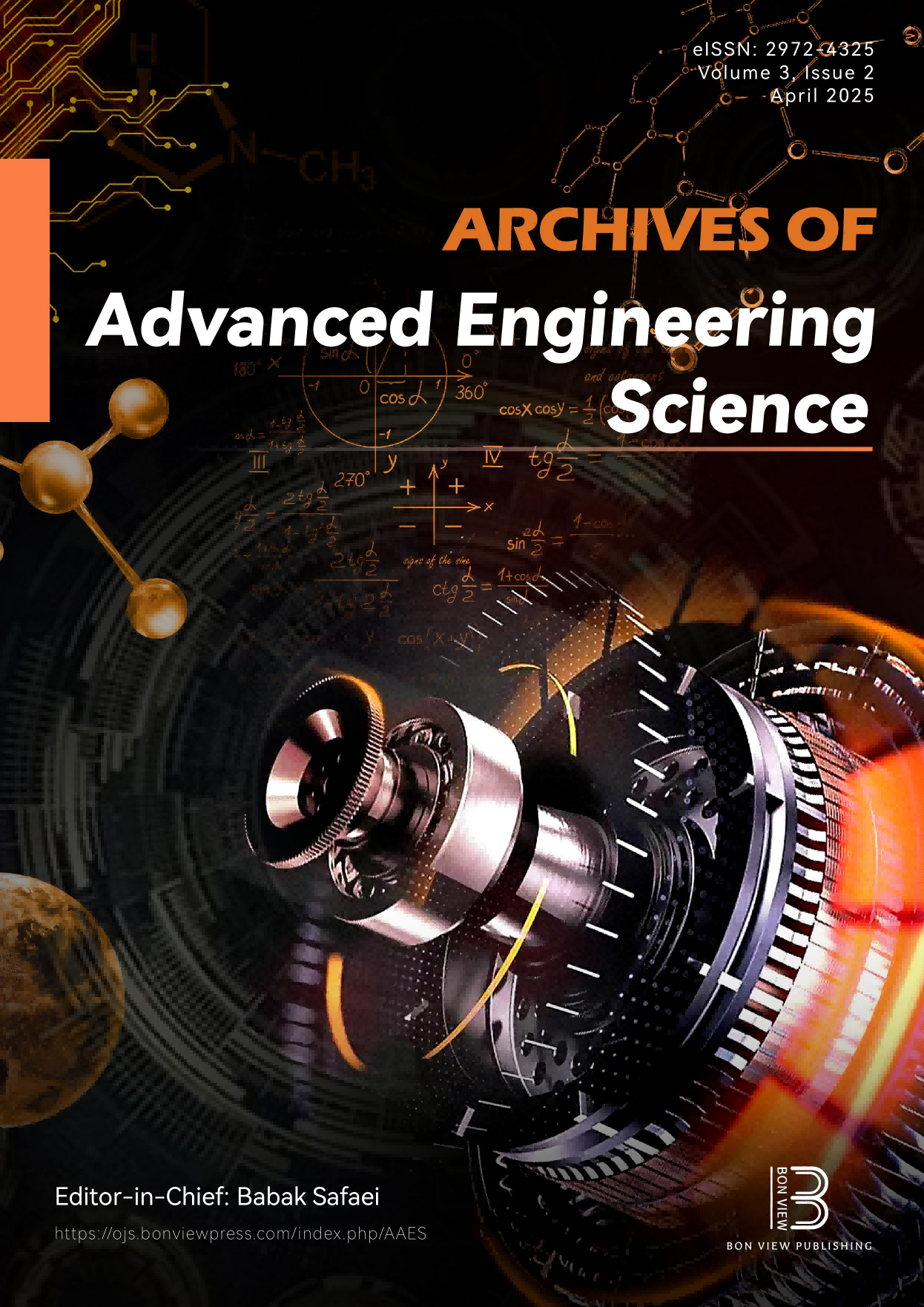Battery, Super Capacitor-Based Hybrid Energy Storage with PV for Islanded DC Microgrid
DOI:
https://doi.org/10.47852/bonviewAAES42021869Keywords:
battery energy storage system (BESS), DC microgrid, hybrid energy storage system, maximum power point tracking (MPPT), state of charge (SOC)Abstract
Cogitating the present national as well as global context, renewable energy sources are becoming increasingly popular as a source of electricity, where connecting to the utility grid is either impossible or excessively costly. Several trends that have emerged as electrical distribution technology in the twenty-first century will change the requirements for energy transmission. Green power generating methods are receiving more attention due to the world’s deteriorating environmental conditions, growing prices, the limited nature of fossil fuels, and rising energy demand. The increasing depletion of fossil fuels and the escalating need for energy have made renewable energy sources a global topic of discussion. The incredible advancement of renewable energy has allowed us to address environmental problems. However, the production from these sources could be more predictable, which requires an appropriate energy storage system. The main aim of this research paper is to study the hybrid energy storage with solar photovoltaic for islanded DC microgrid (MG). This research study simulates, analyzes, and presents an islanded mode DC MG with solar photovoltaic (PV), battery, and super capacitor through the use of MATLAB simulink. The maximum power point tracking system uses a two-stage DC converter. The regulated battery energy storage system, coupled through a bidirectional converter, helps to maintain a steady DC bus voltage. The transient and steady-state characteristics of the storage systems are examined. This study demonstrates how quickly hybrid energy storage can adapt to sudden changes in the load.
Received: 11 October 2023 | Revised: 15 December 2023 | Accepted: 16 January 2024
Conflicts of Interest
The authors declare that they have no conflicts of interest to this work.
Data Availability Statement
Data sharing is not applicable to this article as no new data were created or analyzed in this study.
Author Contribution Statement
Yam Krishna Poudel: Conceptualization, Methodology, Software, Validation, Formal analysis, Investigation, Resources, Data curation, Writing - original draft, Writing - review & editing, Visualization, Supervision. Ramesh Kumar Pudasaini: Methodology, Validation, Formal analysis. Anand Kandel: Software, Formal analysis. Nava Raj Karki: Investigation, Resources, Project administration.
Downloads
Published
Issue
Section
License
Copyright (c) 2024 Authors

This work is licensed under a Creative Commons Attribution 4.0 International License.


